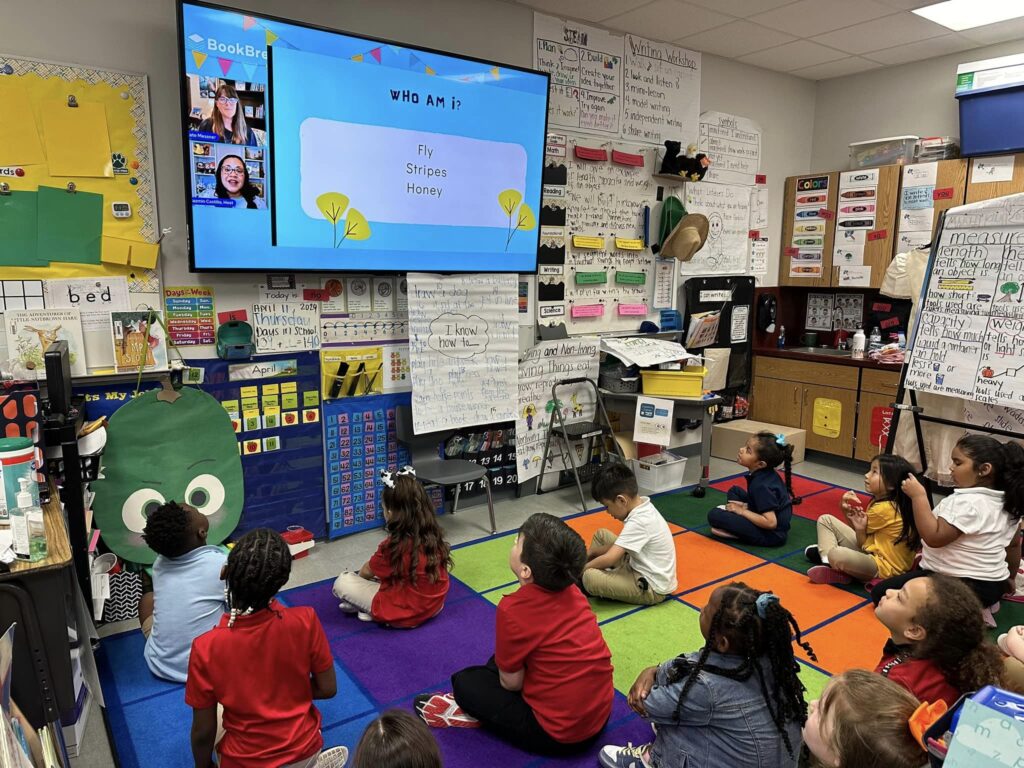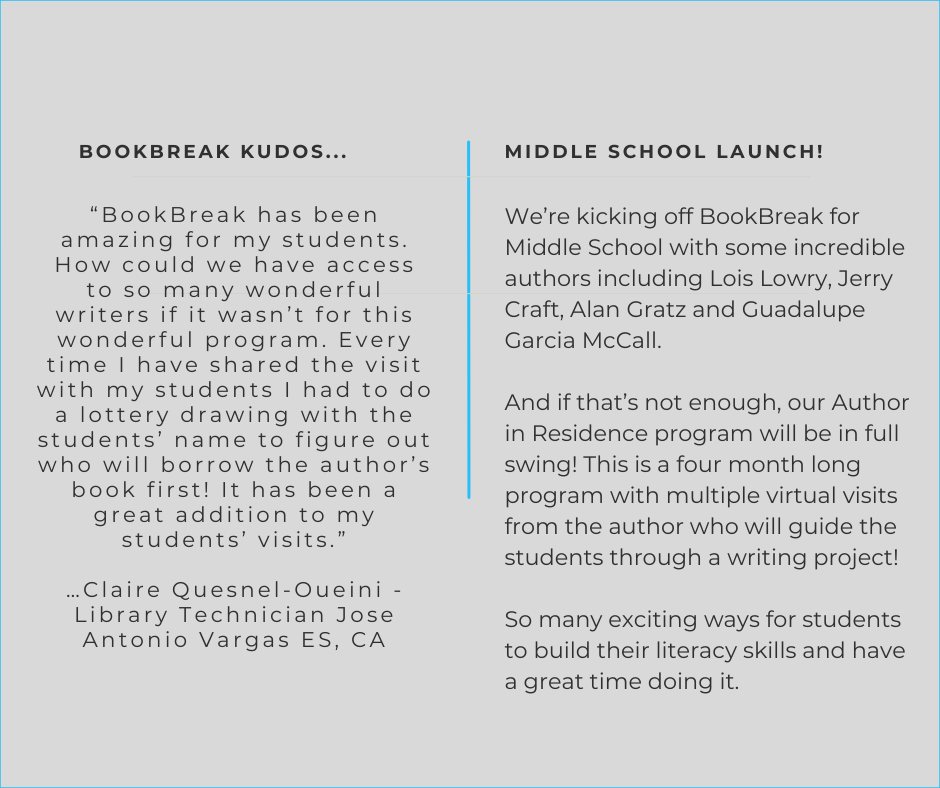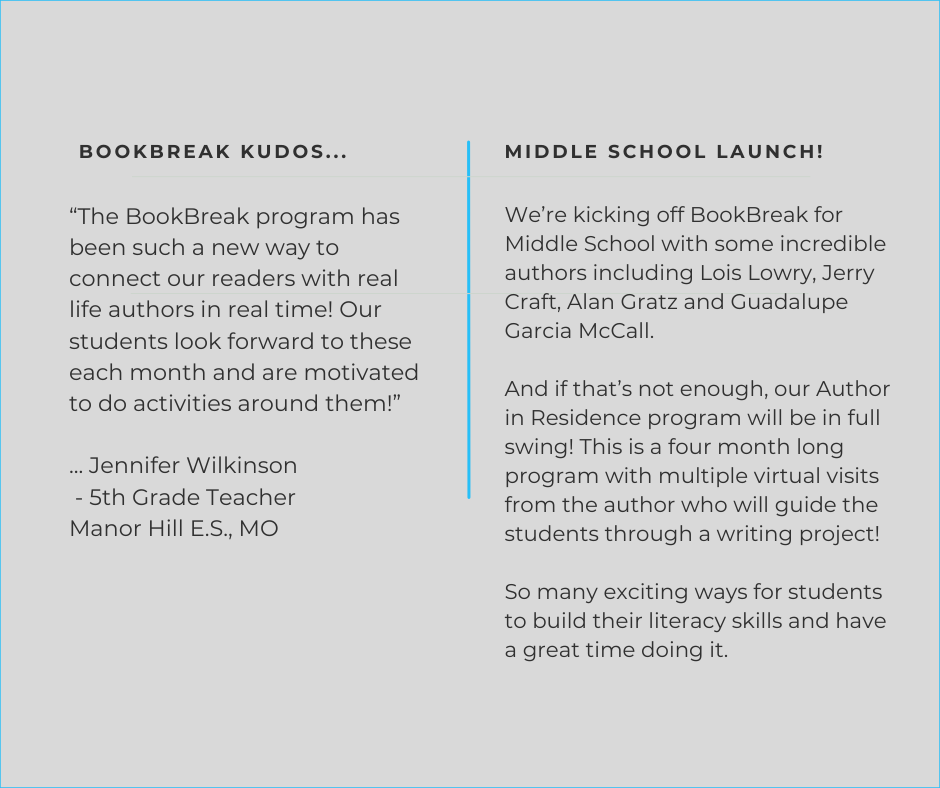We love talking to educators about ways to foster a love of reading in students. Reading is the gateway to learning in every other subject and being able to read well is one of the most important skills for anyone to master.
But how do we keep kids motivated to do it? We asked elementary and middle school teachers to give us their best ideas!
Here are the top 10
1.) Drop Everything And Read
Find time several times a week for free choice reading to build regular reading habits. This can be a regularly scheduled time or a surprise at different points during the week.
2) Peer Recommendation System
Create a space in your classroom or library where students can highlight books they’ve enjoyed. Rank the books by how many students have liked each one.This helps spark interest among the students about the books, shows them that others value their opinion about books, and helps build the class reading culture.
3) Create and Share Summaries
Have students create summaries or brochures of books they’ve read to practice reading comprehension and share them with the class or small groups.
4) Author Talks
Participating in author talks gets kids excited to read, heightens interest in the author’s books, and offers the unique opportunity to hear the story behind the story. BookBreak can help your students hear live from bestselling authors every month.

5) Read Below Grade Level
Always pushing students to read books to increase their reading level can take the joy out of reading. Allow your students to read below grade level to build confidence and remind them that reading can be fun.
6) Provide Background Knowledge First
Increase interest in new material by sharing some background knowledge about the book to give students context before they begin reading.
7) Mini Book Clubs
Offer a collaborative reading experience for students during class time. This can either be an assigned book or a free choice book that the groups take turns choosing. Consider grouping strong readers with more reluctant ones and ending with a turn and talk activity.
8) Let them choose the format
If multiple formats are available, allow students to choose among printed, digital, or audiobooks to keep reading interesting and new.
9) Make Personal Connections
Finding ways to connect the text to their personal or classroom experiences helps reinforce concepts, increases understanding, and helps students remember the key points of the story.
10) Preview Books
Entice them by reading the first chapter or two aloud or showing a book trailer (like this one) and then let them read the rest on their own.
The common theme in this list is that these activities help students interact with the books in new and different ways, creating a more meaningful and oftentimes more fun experience. When students feel like they are part of the process and that there is more than one way to engage in reading, they are more likely to read more. And when they read more, they learn more.
What could be better?
These are just a few ideas that our teachers have used successfully. There are so many more exciting ways for students to build their literacy skills. We have more tips to come!
Stay Tuned…


